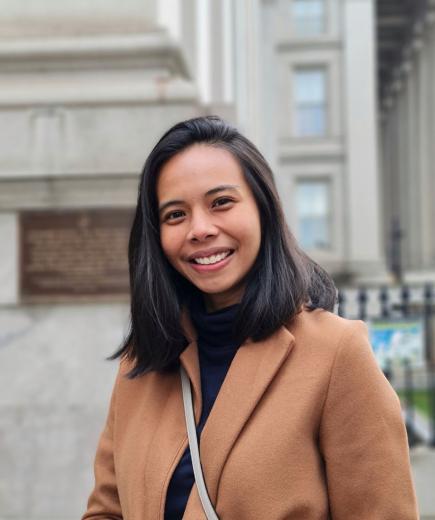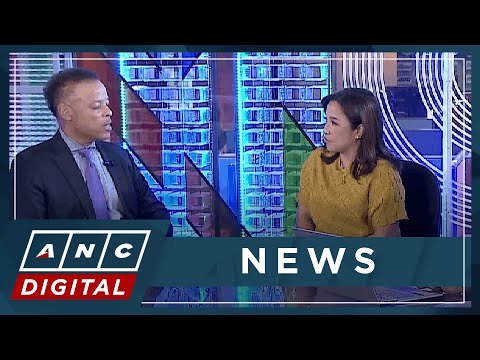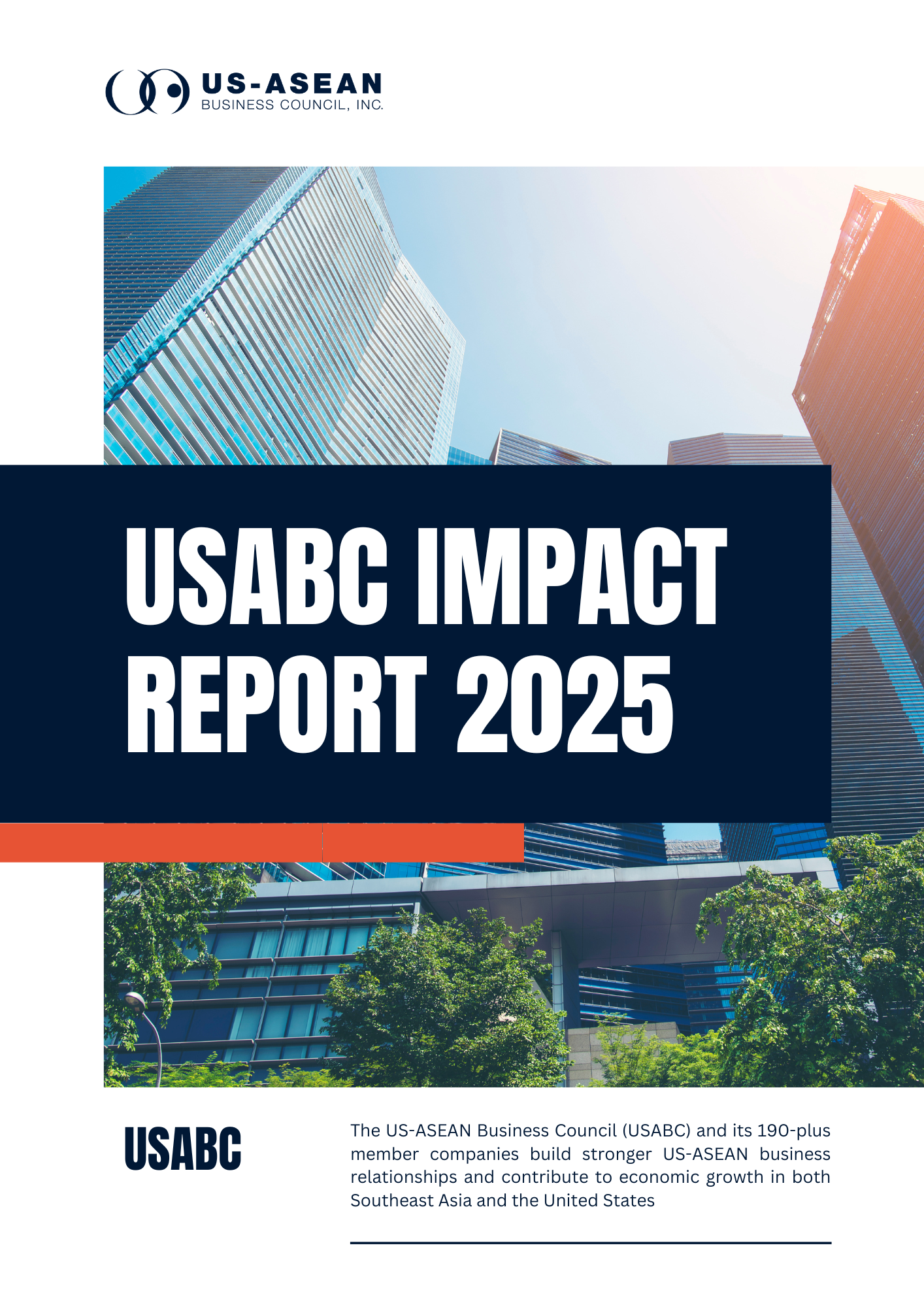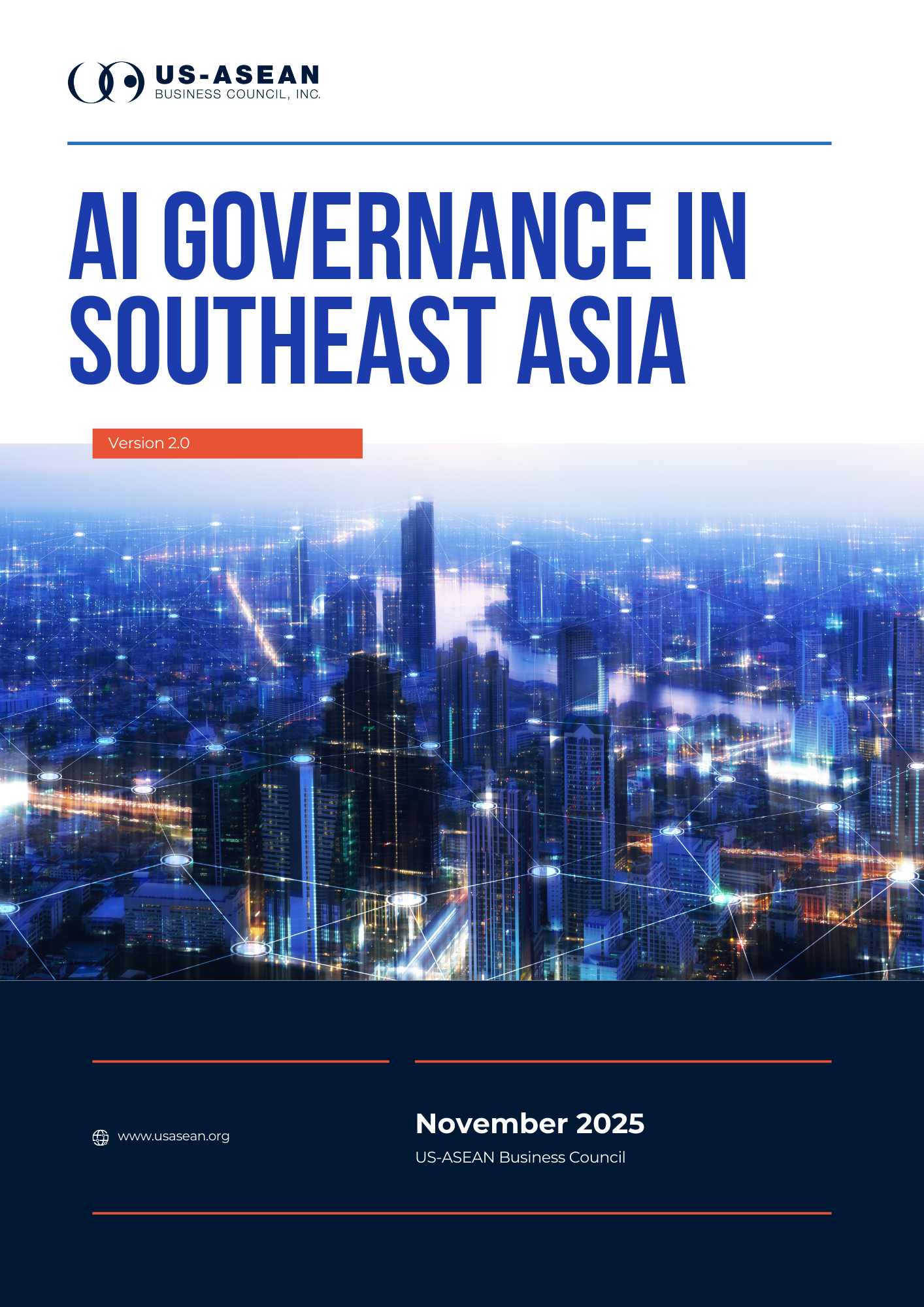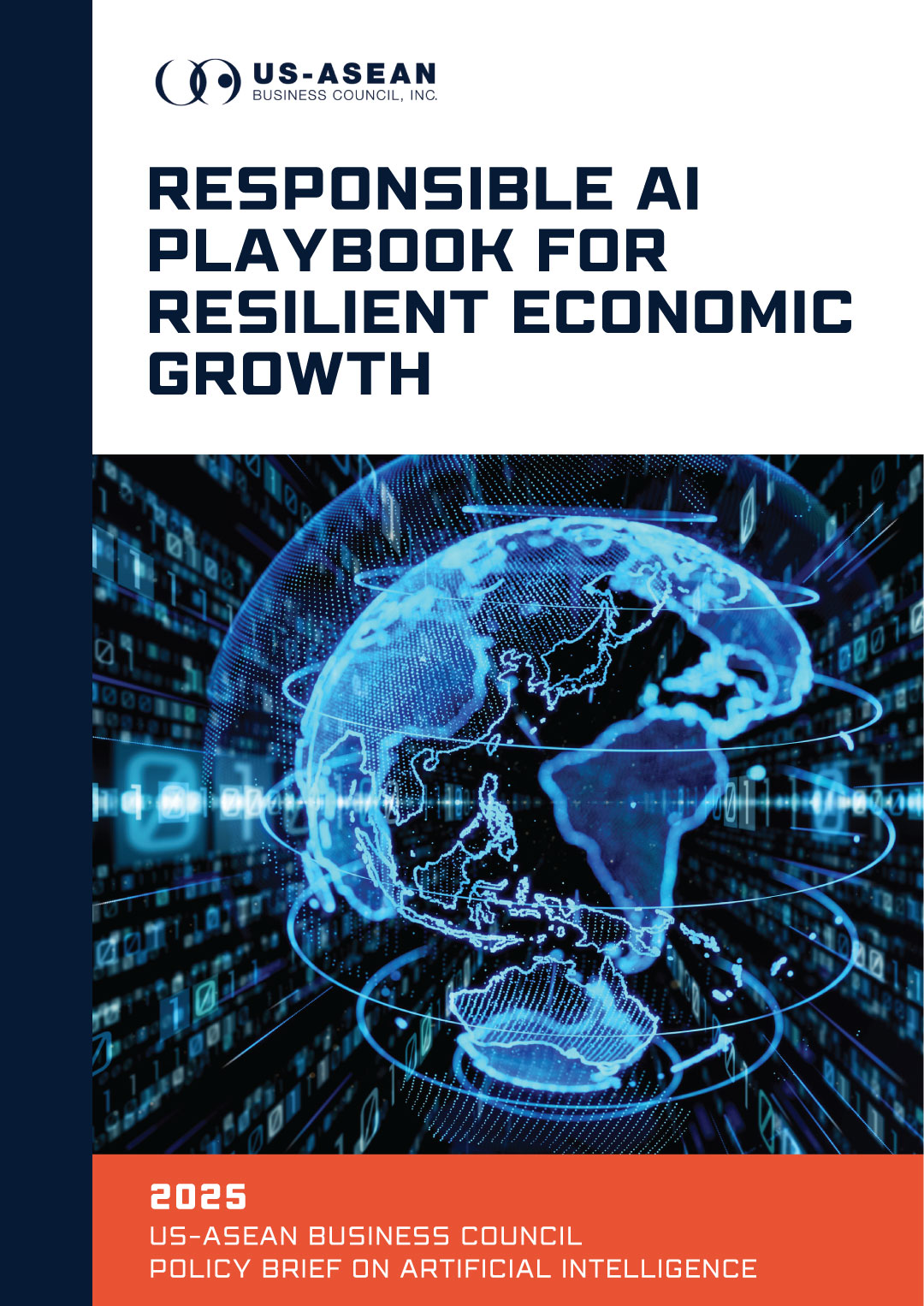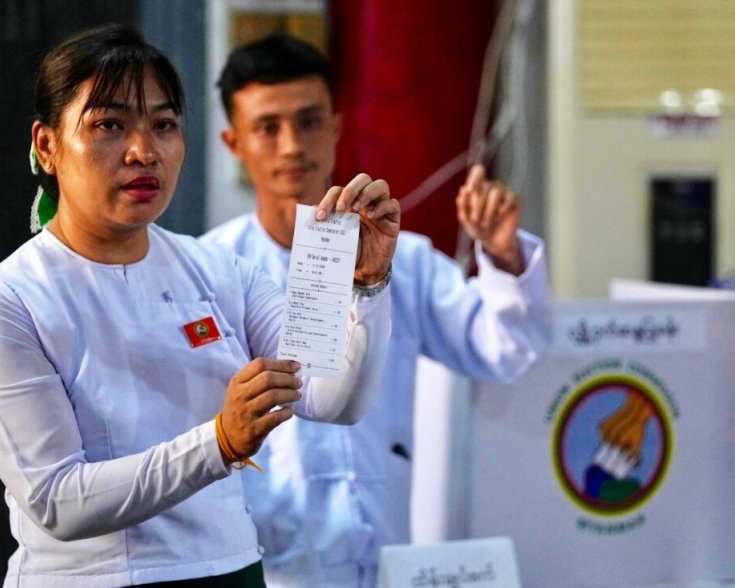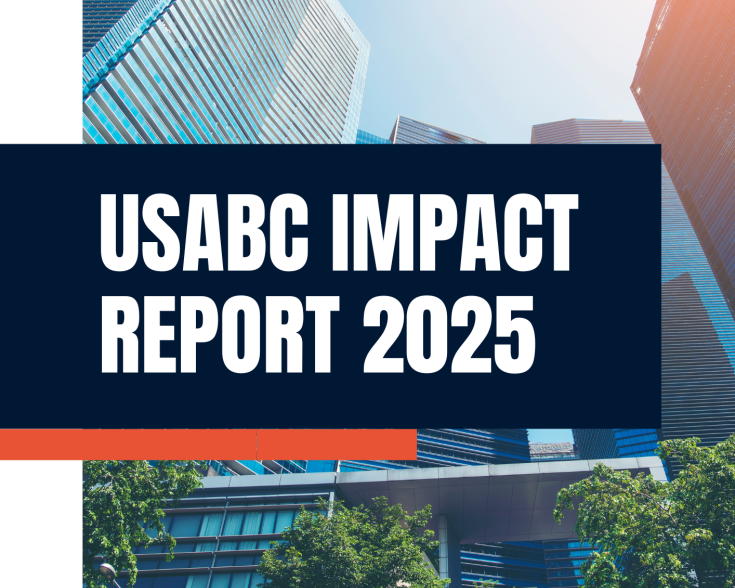Flood Control Scandals Trigger Leadership Overhaul and Fuel Public Demand
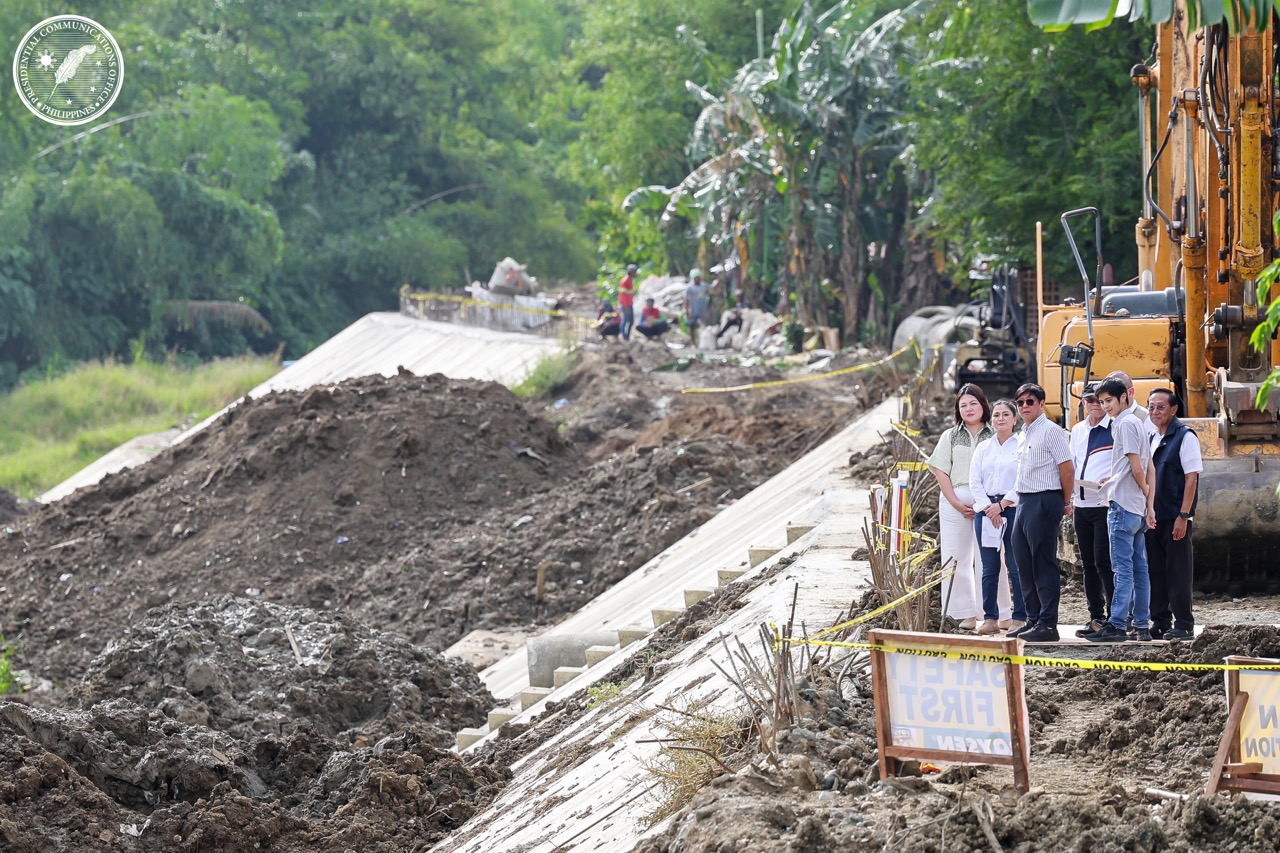
Recent investigations revealed that a significant portion of the budget allocated for flood control was allegedly siphoned off through inflated contracts and “ghost” projects because of collusions between government contractors and public officials, leaving flood mitigation projects incomplete and poorly executed. The scandal gained national attention and sparked public outrage for accountability. The issue was first prominently placed on the national agenda during President Marcos Jr.’s fourth State of the Nation Address in July 2025, where he explicitly denounced corruption in flood control infrastructure—calling out failed, substandard, or non-existent projects and ordering a full audit of flood control works. As a result, the Philippines is undergoing significant political shifts and leadership changes. These developments signal a concerted effort across all branches of government to address and rectify the systemic corruption plaguing the nation's infrastructure projects.
The recent wave of resignations, appointments, and investigations highlights how the flood control scandal has become both a governance test and a political turning point. Strong public mobilization and heightened legislative scrutiny reflect growing pressure for reforms that go beyond leadership reshuffles.
Resignations and Appointments
Department of Public Works and Highways (DPWH)
On August 31, then DPWH Manuel Bonoan resigned as the Department’s Chief amidst the government’s ongoing investigation on controversies surrounding irregularities in flood control projects. President Marcos immediately appointed then Department of Transportation (DOTr) Secretary Vince Dizon to head the DPWH. Undersecretary Giovanni Lopez was then named Acting Secretary of Transportation.
Since his appointment, Dizon has (i) ordered the courtesy resignations of all DPWH undersecretaries, assistant secretaries, division heads, and district engineers, and abolished the department's internal anti-corruption committee, (ii) requested the Department of Justice (DOJ) to issue immigration lookout orders against DPWH officials and contractors implicated in the scandal, (iii) filed graft complaints against those allegedly involved, and (iv) cut the DPWH’s proposed 2026 budget by PHP 255 billion.
Senate
On September 8, the Senate elected Vincente “Tito” Sotto III as its new President, replacing Senator Francis “Chiz” Escudero. Escudero appears to have lost his post for stalling the impeachment trial of Vice President Sara Duterte and his connection with one of the 15 contractors that bagged controversial flood control projects.
Senator Juan Miguel Zubiri returned as Majority Leader, while Senator Panfilo “Ping” Lacson assumed the role of Senate President Pro Tempore. The Senate overhaul also brought sweeping committee changes. With the former minority bloc becoming the new majority bloc, these senators had “first dibs” on creating the major committees they preferred.
1.) National Defense, Technical and Vocational Education, and Accounts Committees: Senator Loren Legarda
2.) Deputy Majority Leader and Health and Demography Committee: Senator Risa Hontiveros
3.) Deputy Majority Leader and Public Order and Dangerous Drugs Committee: Senator JV Ejercito
4.) Blue Ribbon Committee: Senator Panfilo Lacson
5.) Labor Committee: Senator Raffy Tulfo
6.) Justice Committee: Senator Francis “Kiko” Pangilinan
7.) Science and Technology Committee: Senator Paolo Beningno “Bam” Aquino
These shifts also mark a decisive move away from the Duterte’s influence and toward consolidating the current administration’s control over Philippines policymaking, with the so-called “Duterte bloc” in the Senate now as the minority body.
Congress
More recently, on September 17, House Speaker Martin Romualdez, a cousin and close ally of the President, resigned following allegations of his involvement in the insertion of questionable projects in the 2025 General Appropriations Act. He was succeeded by Deputy Speaker Faustino “Bojie” Dy, who has pledged a zero-tolerance policy toward corruption and full cooperation with the ongoing investigations.
Independent Commission for Infrastructure
President Marcos also set-up an independent fact-finding body to investigate alleged irregularities in government flood control and other infrastructure projects. The Independent Commission for Infrastructure’s (ICI) mandate is to “hear, investigate, and gather evidence on anomalies, misuse of funds, and possible corruption in the planning, financing, and implementation of government projects, with priority on flood control works undertaken in the past 10 years.”
The ICI will be led by former associate justice of the Supreme Court Andres Reyes, Jr. Former DPWH Secretary Rogelio Singson and Country Managing Partner of SyCip Gorres Velayo & Co (SGV) will serve as members, while Baguio City Mayor Bengamin Magalong, who was among the first to publicly speak about bribes and leakages in public infrastructure projects, will serve as the special adviser.
Public Calls for Accountability
Ongoing congressional hearings on the scandal have intensified, unearthing allegations implicating high-ranking government officials. Testimonies from former DPWH engineers and private sector contractors exposed overpriced and substandard projects to allow room for kickbacks to legislators and other officials. These testimonies likewise named several prominent figures as beneficiaries in the kickback scheme.
Public pressure culminated on September 21, when thousands of Filipinos marched in Metro Manila and other key cities, chanting for accountability and transparency in government. While many demonstrations were peaceful, clashes between rallyists and the police broke out in certain locations.
